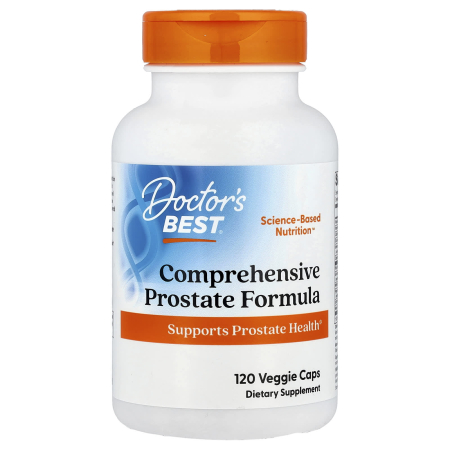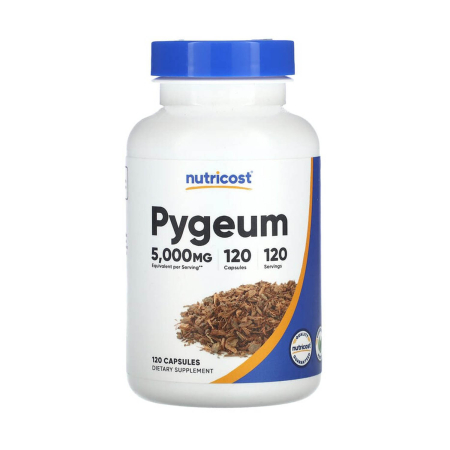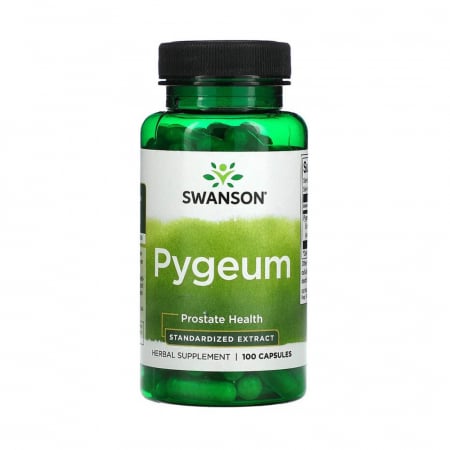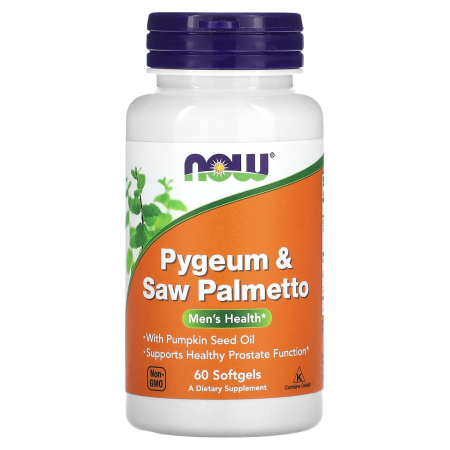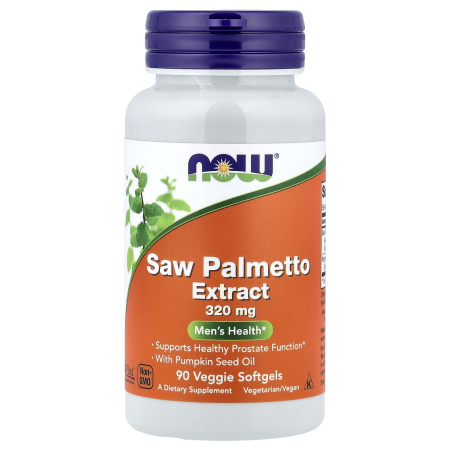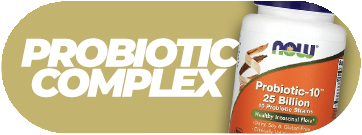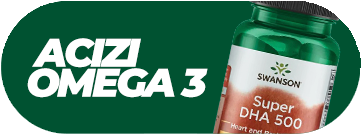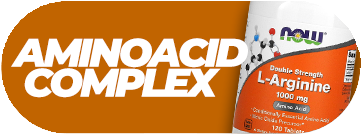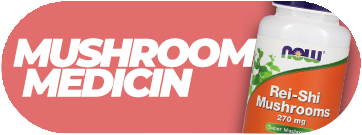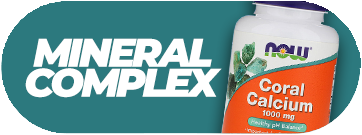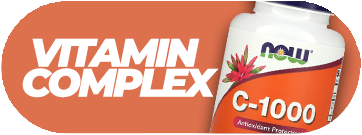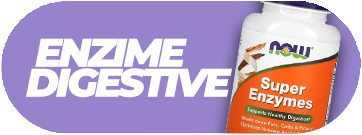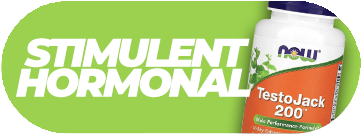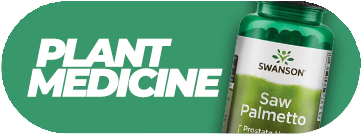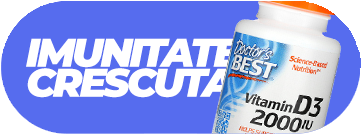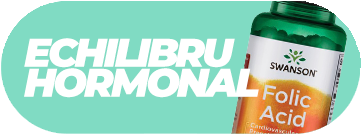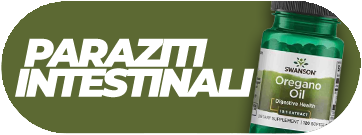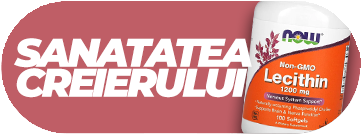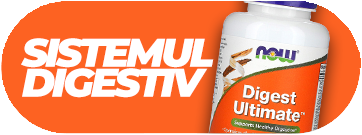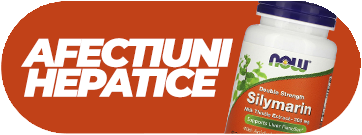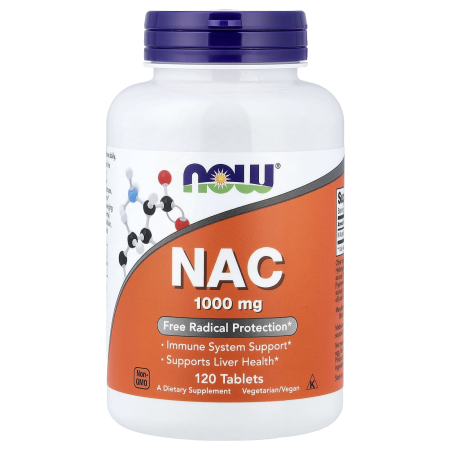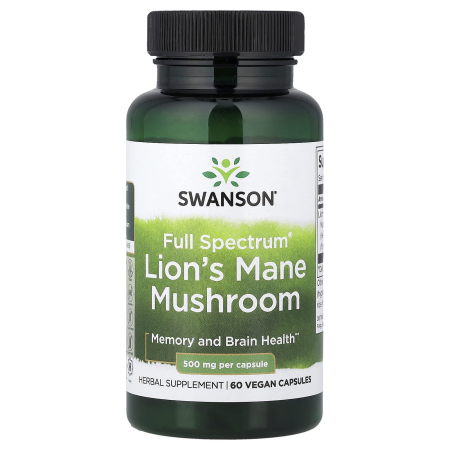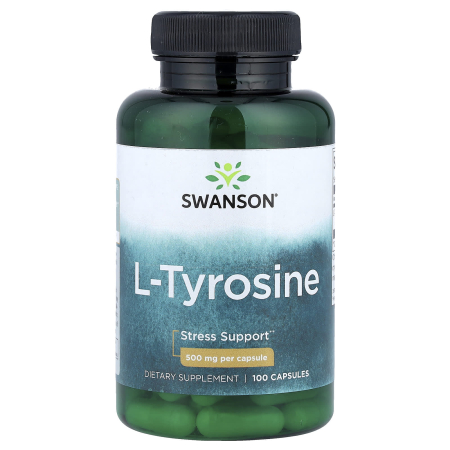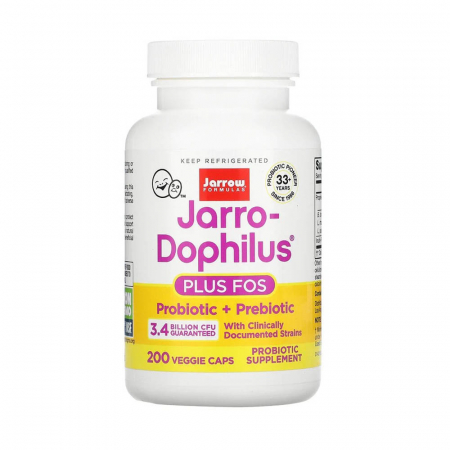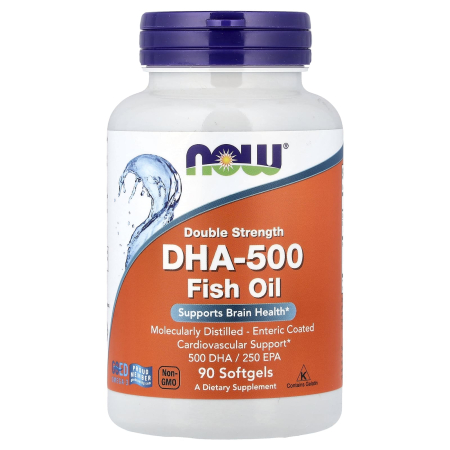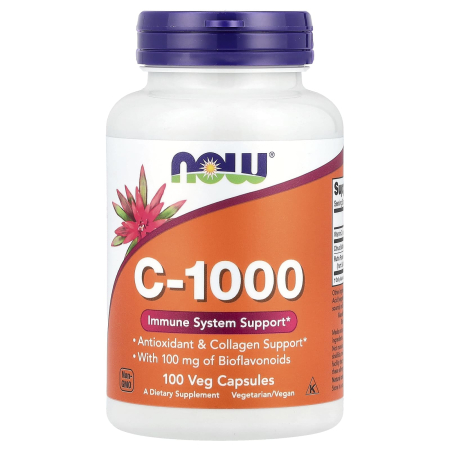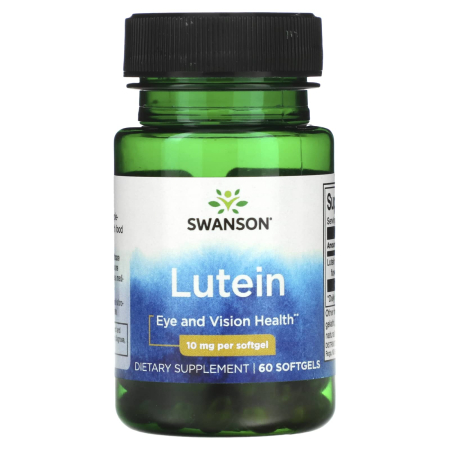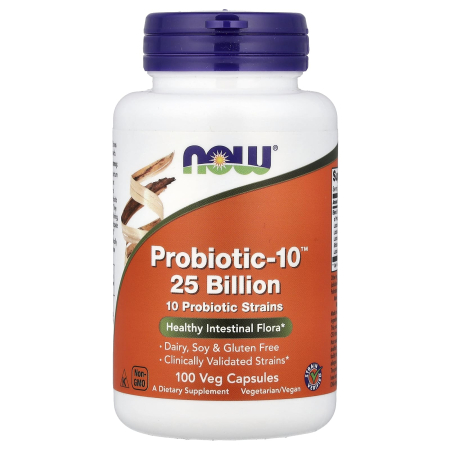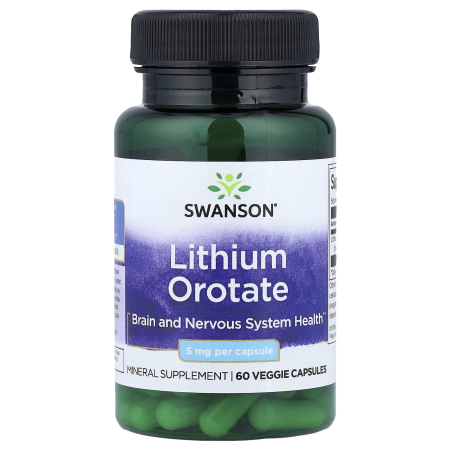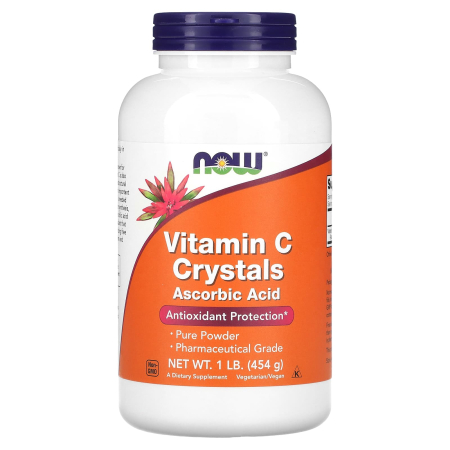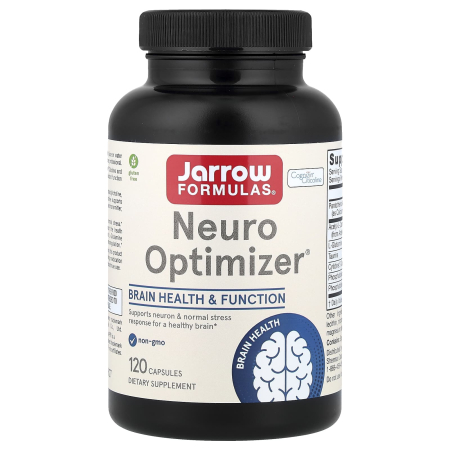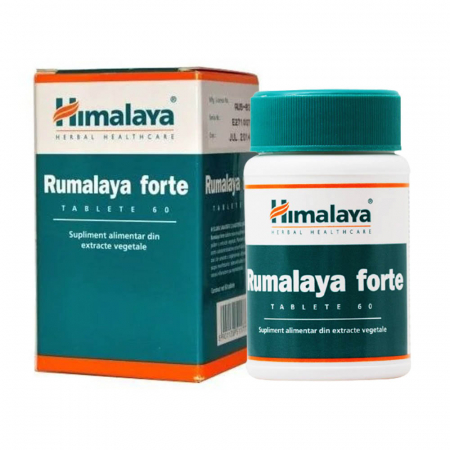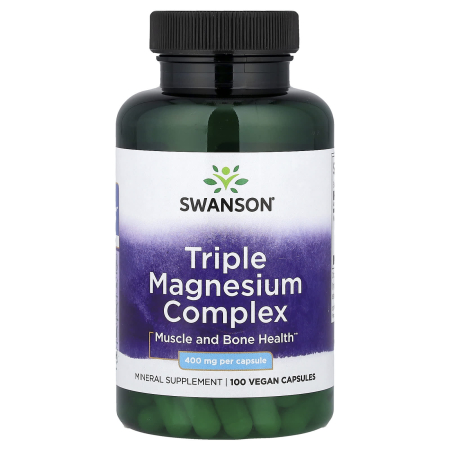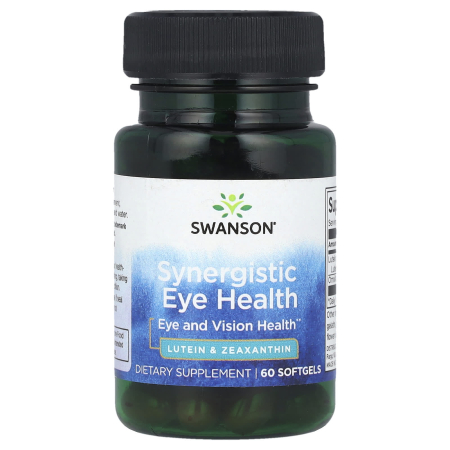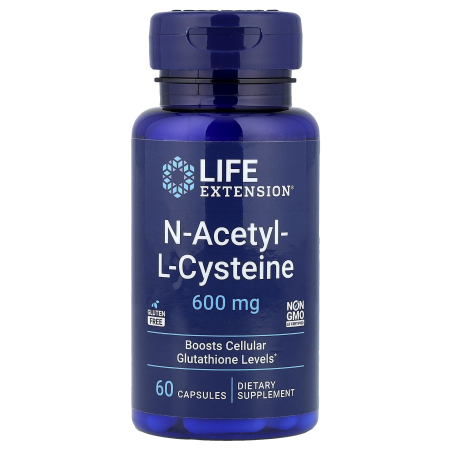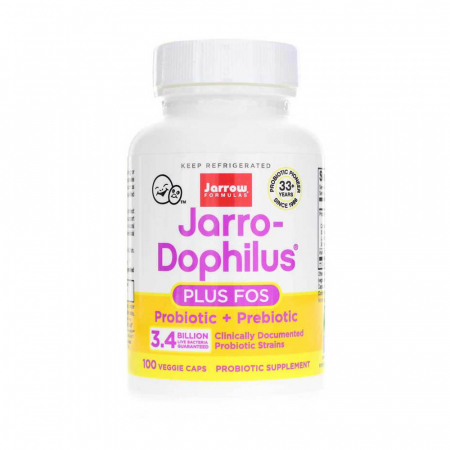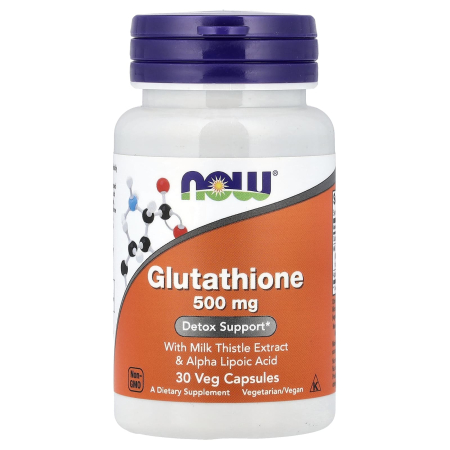- Home /
- Supplements from A to Z /
- Pygeum
Pygeum
Pygeum
- Acai
- Acerola
- Acetyl L-Carnitine
- Caprylic Acid
- Folic Acid
- CLA (Conjugated Linoleic Acid)
- Agaricus Mushroom
- Alfalfa
- Alpha GPC
- Andrographis
- Artichoke
- Astragalus
- Bacopa Monnieri
- Bamboo
- Berberine
- Bergamot
- Beta-Glucans
- Beta-Sitosterol
- Betaine
- Biotin
- Black Cohosh
- Borage Oil
- Holy Basil (Tulsi)
- Butcher's Broom
- Calcium D-Glucarate
- Activated Charcoal
- Carnosine
- Shark Cartilage
- Cascara Sagrada
- Cayenne
- Chaga Mushroom
- Cumin
- Chlorella
- Citicoline
- Chlorophyll
- Black Currant
- Turkey Tail Mushroom
- Lion's Mane Mushroom
- Coleus Forskohlii
- Choline
- Colostrum
- Cordyceps
- Chromium
- D-Mannose
- Damiana
- 7-Keto DHEA
- DIM
- DMG
- Dong Quai
- Brewer's Yeast
- Red Yeast Rice
- Echinacea
- Bilberry Extract
- Fennel
- Phenylalanine
- Feverfew
- Passion Flower
- Phosphatidylserine
- Fructo-Oligosaccharides
- Olive Leaf
- Garcinia
- Devil's Claw
- Cat's Claw
- Ginger
- Ginkgo Biloba
- American Ginseng
- Eleuthero
- Glucomannan (Konjac)
- Goldenseal
- Gotu Kola
- Grapeseed
- Graviola
- Guarana
- Gymnema Sylvestre
- Hops
- Hesperidin
- Horny Goat (Epimedium)
- Indole-3-Carbinol
- Inositol
- Inulin
- Isoflavones
- Kudzu
- Lactoferrin
- Royal Jelly
- Licorice
- Lemon Balm
- Lithium
- Maca
- Rose Hips
- Maitake Mushroom
- Mint
- Peppermint
- Cranberry
- Molybdenum
- Moringa
- Muira Puama
- Chamomile
- Niacin And Niacinamide (Vitamin B3)
- Noni
- Ornithine
- Hawthorn
- Panax Ginseng
- Dandelion
- Papaya (Enzymes)
- Bitter Melon
- Black Pepper (Bioperine)
- Pyridoxine (Vitamin B6)
- Potassium
- Pregnenolone
- Proline
- Propolis
- Pygeum
- Pyrroloquinoline Quinone (PQQ)
- Reishi Mushroom
- Rhodiola
- Riboflavin (Vitamin B2)
- Ribose
- Lemon Balm
- Rosemary
- Rutin (Vitamin P)
- SAMe
- Sarsaparilla
- Fenugreek
- Pine Bark (Pycnogenol)
- Cinnamon
- Serrapeptase
- Shiitake Mushroom
- Silica
- Elderberry
- Saffron
- Spirulina
- Plant Sterols
- Strontium
- Sulforaphane (broccoli)
- St. John's Wort
- Theanine
- Thiamine (Vitamin B1)
- Tocotrienols
- Tribulus
- Red Clover
- Coconut Oil
- Slippery Elm
- Garlic
- Uva Ursi
- Vinpocetine
- Vitamin B12
- Wormwood (Artemisia)
- Yucca
Quantity
Status stoc
Certifications and Diet
Manufacturers
Price
Rating
Cele mai populare
Newest
Display: 1-5 from 5 products
FiltersWhat is Pygeum?
Pygeum africanum is the bark of an evergreen tree native to certain regions of Africa. Generally, the bark is not harvested until the tree is cultivated. The bark contains three groups of active constituents: phytosterols (such as beta-sitosterol), pentacyclic triterpenoids (including ursolic and oleic acids), and ferulic esters of long-chain fatty alcohols (including ferulic esters of docosanol and tetracosanol).
The tree bark contains oil with many active ingredients; waxes, fatty acids and other lesser known compounds. Pygeum's main biological activity is traced to a "phytosterol" compound known as beta-sitosterol. Phyto (plant) sterols are structurally similar but much less absorbed from the diet than cholesterol. The biological resistance of phytosterols, however, is similar to that of hormones; therefore, a very small amount appears sufficient to initiate a response.
Why take Pygeum?
Pygeum has been shown to have many benefits for a man's health and his prostate. Pygeum is primarily used to relieve benign prostatic hypertrophy, or BPH, a condition that affects men as early as age 40, but increasingly with age: 30% by age fifty; 50% of age sixty; and almost 80% of men over the age of 70. BPH involves two changes in the prostate: increased size and increased tissue density. These changes cause symptoms of frequent urgency to urinate small volumes, reduced prostate secretions, reduced bladder emptying. Incomplete bladder emptying increases the risk of bladder infections, edema and inflammation. Blood sugar levels and immune function were also improved.
Pygeum's phytosterols are anti-inflammatory. Pygeum also reduces edema (swelling caused by an excess of fluids), reduces the level of the hormone prolactin, lowers and inhibits cholesterol activity within the prostate. Prolactin, the levels of which are increased by drinking beer, stimulates the uptake of testosterone by the prostate, increasing the level of the metabolite responsible for the growth of prostate cells, dihydrotestosterone (dihydrotestosterone) (DHT). Cholesterol is reported to increase the influence of DHT.
Europeans learned of the usefulness of this plant in alleviating what was then known as "old man's disease". It continues to be popular in Europe as a remedy for BPH, particularly in France, where the use of African pyrogene for BPH is estimated to be around 80%.
PRODUCT CATEGORIES
CATEGORIES OF DISEASES
Latest Reviews Added:
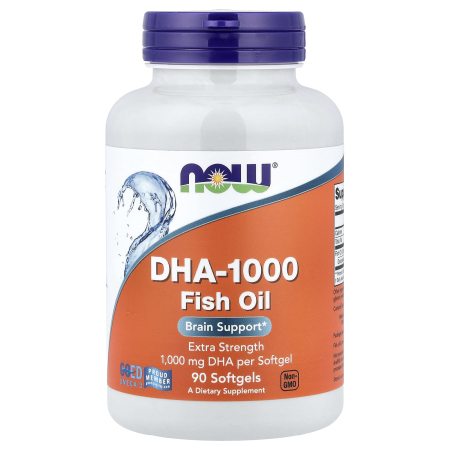
Denisa Dinu,
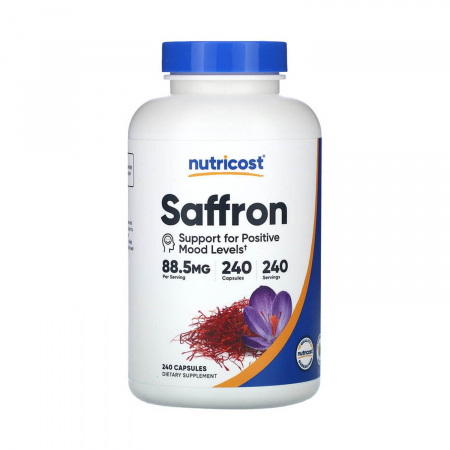
Valeria Lungu,
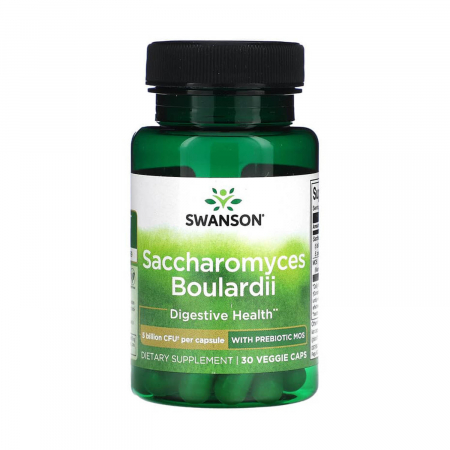
Saccharomyces Boulardii with Prebiotic MOS, 5 Billion CFU, Swanson, 30 capsules SWA012
Elena,
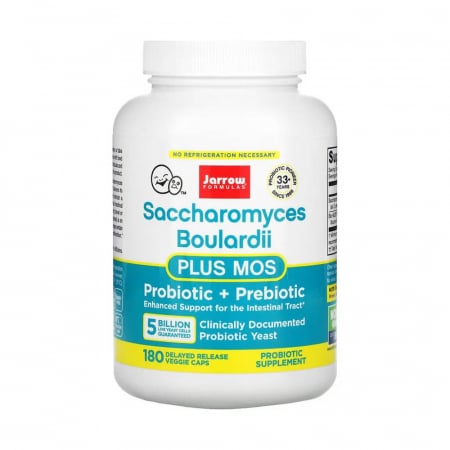
Carolina Floroiu,
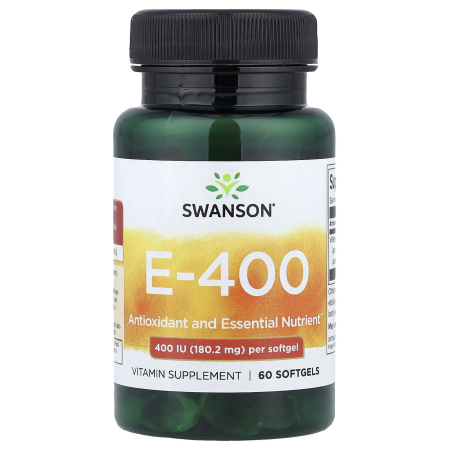
Rodica Iancu,
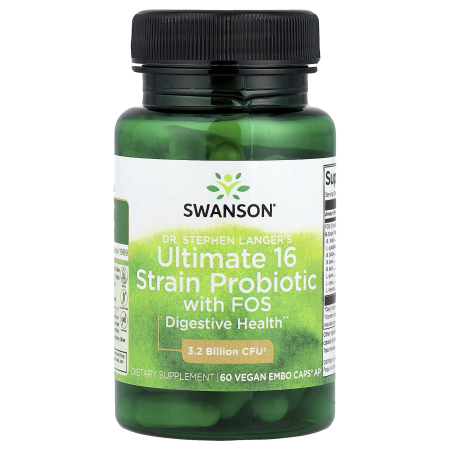
Ultimate 16 Strain Probiotic With FOS, 3.2 Billion CFU, Swanson, 60 capsules SWA051
Nita Patricia,
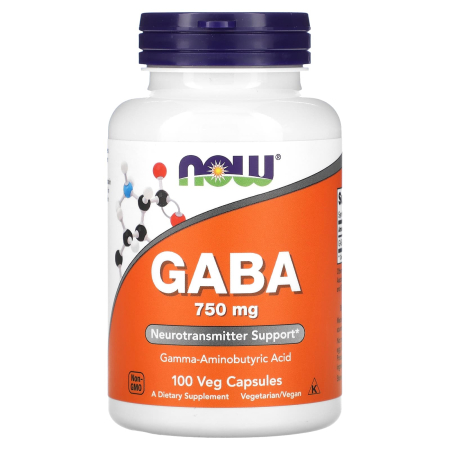
Rodica luminita Pascut,
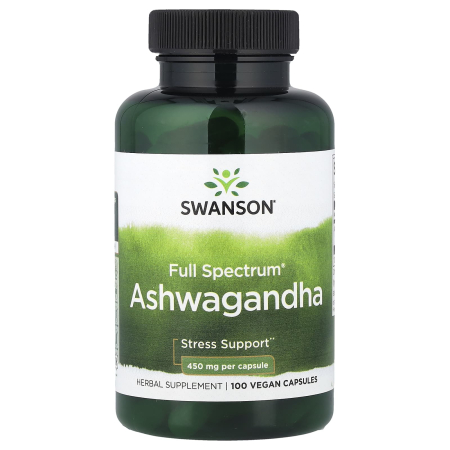
Mihaela Ciobotaru,
Latest viewed products
Newsletter Don't miss our offers and promotions

